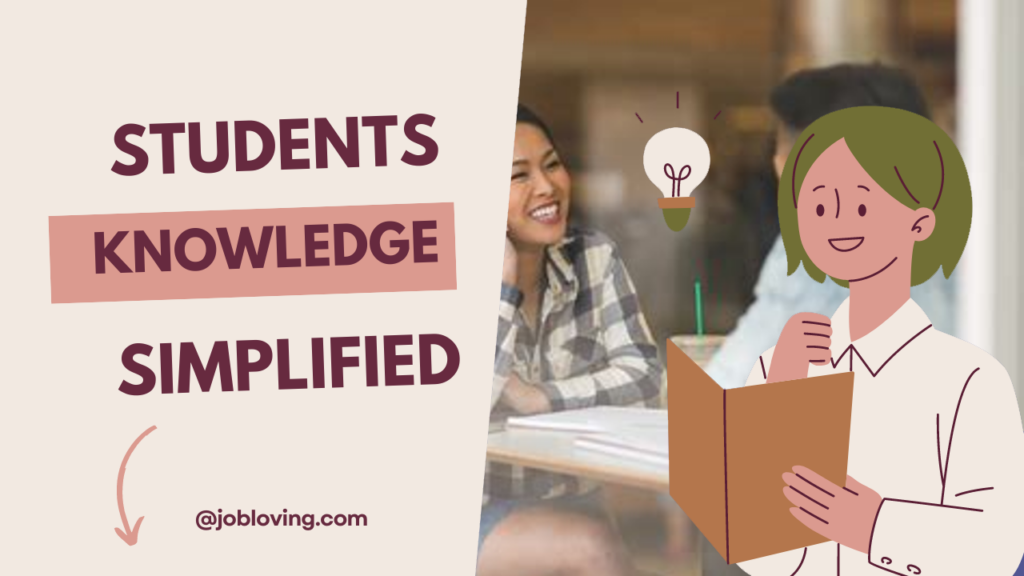Navigating the Scandalous Terrain: Can a College Professor Date a Former Student?
The relationship between academia and romance can be a tricky one to navigate. With institutions built on the principles of integrity and professionalism, questions surrounding the propriety of college professors dating former students often arise. Are they allowed? What are the implications? And more importantly, does it ever truly blossom into something beautiful? Join me on this exploratory journey as we unpack the tangled web of emotions, ethics, and expectations surrounding these relationships.
The Ethical Conundrum
A common refrain echoes through the halls of academia: affairs between teachers (professors, TAs, etc.) and students are generally and necessarily prohibited. At the heart of the issue lies a fundamental question about power dynamics and ethics. Universities are acutely aware of complications that can arise from a professor-student relationship due to the inherent hierarchy present. When you throw in a professor’s influence over a student’s academic and professional journey, the stakes get even higher.
The Erosion of Concerns Post-Graduation
The ethical concerns associated with relationships between professors and students begin to diminish after graduation. Several factors contribute to this phenomenon:
- Absence of Current Student Relationship: Once a student is no longer enrolled, the power differential evaporates.
- Time Heals All Wounds: As time passes, colleagues often overlook past student-professor connections, especially when both parties have moved into different spheres of their lives.
- Discretion is Essential: Gossip can be minimized by keeping the relationship discreet, with care taken to avoid raising eyebrows in academic circles.
- Different Institutions, New Beginnings: Relationships can thrive when the professor and former student are at different academic institutions, making prior affiliations a distant memory.
Age Ain’t Nothing but a Number
These contexts also influence how societies perceive relationships based on age. Age similarities between partners can alleviate stigma surrounding professor-student relationships. It’s not unusual for a professor to be only a decade or so older than their former student, which can challenge the stereotypical narrative of predatory relationships.
When Sparks Fly—And They Often Do
While ancient taboos around teacher-student romantic entanglements may linger, many professors find genuine relationships with former students that blossom into long-term commitments. Although there may be an initial wave of skepticism from colleagues upon the announcement of such relationships, it rarely outweighs the warmth of genuine affection shared between two adults.
The Power of Clear Communication
Navigating these relationships calls for deft handling:
- Timeline Clarity: Clear communication about the timeline of the relationship eases potential misunderstandings among colleagues and students alike.
- Defining Boundaries: Each party must establish clear boundaries while maintaining professional roles when necessary. The presence of professionalism can make the transition from student-faculty to romantic partners smoother.
- Addressing the Gossip Mill: It’s crucial to realize that the perception of impropriety may linger initially, but this often fades as colleagues witness the genuine nature of the relationship over time.
Shifting Perspectives
Society’s viewpoint on professor-student relationships has undergone substantial transformation, influenced by factors such as the #MeToo movement. This cultural paradigm shift has sparked a broader conversation about the implications of these dynamics and has prompted institutions to re-evaluate existing policies.
Institutional Policies and the Grey Areas They Create
Most colleges and universities have guidelines that prohibit current student-faculty romantic relationships to mitigate conflicts of interest and avoid potential harassment claims. Often these policies are relatively straightforward concerning current relationships but may lack specificity regarding former students.
- Lack of Waiting Periods: Many colleges don’t require a waiting period before professors date former students, raising ethical concerns and ambiguity.
- Inconsistent Policy Application: As colleges grapple with the nuances of regulation, a former student’s complaint can create significant repercussions, including potential termination for the professor.
- Advocates for Autonomy: Some academic advocates argue that students should have the autonomy to date faculty, challenging the traditional views that emphasize power differentials.
The Trust Factor
Trust and integrity are paramount in academic settings. Relationships formed after graduation can retain integrity, presenting an opportunity for genuine connection free from the weight of existing formal authority. Yet, the complexities arise when trust is breached or when perceptions of favoritism impact classroom dynamics, ultimately undermining the educational experience.
The Role of Collegial Networks
Faculty-student romantic relationships can sometimes stymie potential career growth for students and professors alike, as they may be viewed through the lens of partiality. Maintaining integrity in these relationships is crucial to dispel any notions of unfair treatment.
Potential Fallout
Navigating dating as a professor can be fraught with challenges. The fallout from failed relationships often disproportionately affects students, complicating their academic journeys. Casual relationships may carry secretive feelings that lead to disappointment or discomfort once they sour.
Love Transcends Boundaries?
Despite the quagmire of ethics and professional standards, many academics find happiness in relationships that arise from the student-teacher dynamic.
Dissecting Success Stories
- The Successful Transition: Reports suggest that many former students-turned-partners go on to lead fulfilling lives together, often consolidating their bond into marriage.
- Mutual Respect: Relationships that mature post-graduation often stem from genuine mutual respect and shared interests that transcend academic contexts.
- Building on Compatibility: The shared experiences of navigating the challenges of academia together can deepen the bond and lead to lasting friendships, even after romantic ties loosen.
Conclusion: The Final Word on Love in Academia
At the end of the day, a college professor dating a former student is a complex interplay of emotions, trust, ethics, and professionally delineated boundaries. While talking about ethics brings tension into the conversation, it’s equally essential to acknowledge the sheer unpredictability of love. Relationships are rarely black and white and often require a playful touch of risk and honesty to flourish.
As university campuses bustle with the energy of youth and creative minds, spanning intellectual realms often lends itself to emotional connections that challenge societal norms. Here’s to hoping for many more successful relationships that remind us—love, regardless of the setting, knows no bounds!

